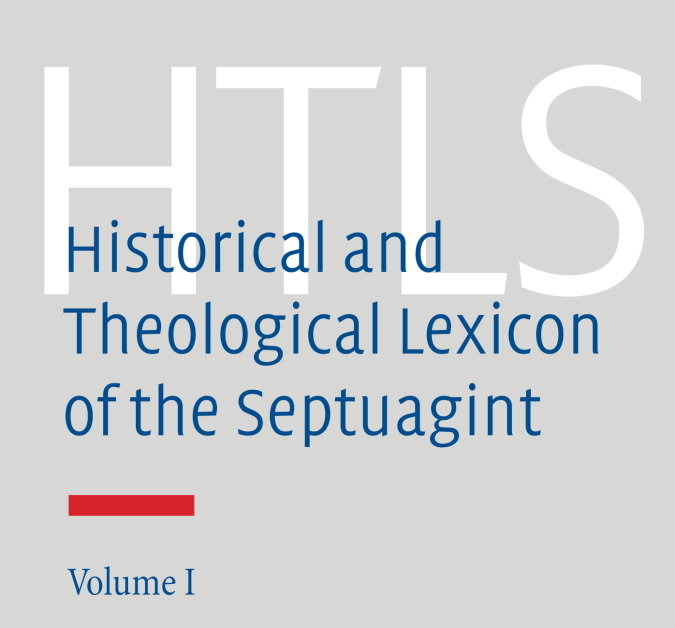Preamble
Recently a priest asked me for some information on the Freemasons. He had an Orthodox Christian who was thinking of joining. Below is the response I sent him based upon my knowledge and experience; and just as I prefaced my emailed response to him with “Freemasonry, and I warn you this will be crazy” in the “subject” box, so also I want to make this clear to my readers. However, since you’re reading a blog about demonology you are aware of these things or at least prepared to be made aware.
Freemasonry
The biggest obstacle when addressing the Masonry issue is the fact that if one goes beyond the first three common “Blue Lodge” degrees, it gets more seductive, even in theoretical exploration. Obviously, this is so, because the source behind it is demonic.
There are basically two ways to view the history of Freemasonry, and which of the two one follows ties into how one views the world and who runs it overall. Those who follow the worldview indoctrinated into us by government schools and forced government curriculums will usually believe we as a collective global species are in some form of democratic control of our societies; along these lines fall the belief that Freemasonry essentially appeared out of nowhere on June 24th, 1717 with the founding of the Premier Grand Lodge of England.
Another view is that the world is controlled by a ruling elite (Kings) who answer in some form to beings who came down from above (gods) and that there has been a deliberate attempt to obfuscate the origins of the Craft, origins which go back to the Antediluvian period of human history, and the secrets of Freemasonry are contained within their rituals (or at least were at one point), these secrets being the pre-Flood knowledge. So looking at this as an Orthodox demonologist, I would ask two things: what is the point of Freemasonry for/upon its Initiates? And further, what do we the uninitiated, but Orthodox Christians, know about the Antediluvian knowledge and its source?
The answer to the first is that the point of Freemasonry is to make “better men out of good men.” Now, of course, this makes no sense to those not ensnared, especially since how much better than ‘good’ can one possibly be? But of course this is the honey which though sweet, traps the fly: it lures by appeal to vanity, it tells one that one is good. It is easy to see how when one is alone with one’s thoughts, or the thoughts that one perceives as one’s own (λογίσμοι), one could think it would be good to become better: who wouldn’t want to become more than what one already is? So essentially one becomes better not through Christ, but through the ritualized lessons which instill the Antediluvian teachings upon the Initiate. And this leads us to what we know about the pre-Flood knowledge, which is that it was taught to mankind by the Fallen angels. The Church Fathers knew this, the author of Jude’s epistle knew this, the books of Genesis, Enoch, and Jubilee’s teach this, and every single significant culture which records a flood also records an Antediluvian period where gods came down, interbred with us, gave us heroes who gave us Kings, and then a higher diety causes a flood to end the heroes and corruption of the species. It’s in the Egyptian and Sumerian king lists and seen in the Hebrew and the Hellenic cultures.
That’s basically the only way to approach it. The two options listed above. Acceptance of the first is what they want you to do, and warning someone not to join due to the second will increase the seductive pull of what is known, at least in the Western Esoteric Tradition, as “the secret teachings of all ages.”
It goes without saying that this is the “Cole’s Notes” version of the history and dark force behind not just Freemasonry, but all Secret Societies that have kept the ancient Antedivulian teachings and continuously passed them on. But we can see from this that the real history of Freemasonry ultimately goes hand in hand with the idea that the Church is mistaken, that Christ is unnecessary, and at best that He is simply one among many of the world’s Teachers.
I’d say it is safe to say that Freemasonry is a religion of its own, and I believe Freemason Albert Pike even wrote of it that way. The ritual material and symbolism, and introductory material which is available make it clear that on the surface level Freemasonry is a Deist-syncretic religion, which of course is congruent with the public history of Freemasonry appearing in the 18th century when Deism became popular. Knowledge of the commonly accepted history of Freemasonry has been enough for it to be condemned in 1821 by Pope Pius VII in his encyclical Ecclesiam a Jesu Christo (however Vatican II I think lifted the automatic excommunication of Catholics who took the oath(s) and joined the Craft, and the reasons behind that are far beyond the scope of an email); by the Holy Synod of the Orthodox Church of Greece around 1930, and even condemned by name by ROCOR in the Anathemas of the Sunday of Orthodoxy since at least the year 2000, according to my research.
Further to the point of the incompatibility of the two is that, as far as my understanding of canon law goes, since ROCOR has condemned Freemasonry to the point of anathematizing Freemasons in the Church, all other churches recognize the rulings of local Synods until the time a Great Synod gathers and includes among its points to be discussed subjects such as though ruled on at local Synods. As an interesting tangent with that last point, I think ROCOR condemned Ecumenist as a heresy in 1983, so this too is to be respected until a Great Synod.
Further Reading
